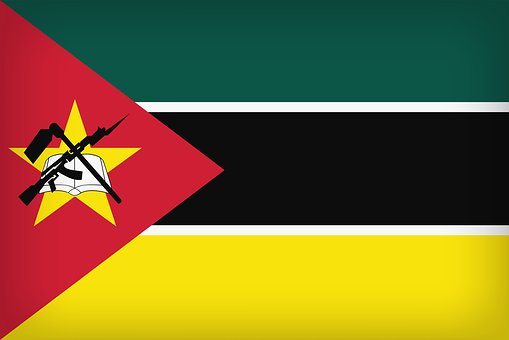An Update on the Situation in Mozambique
In late October 2024, Dr. Kahala Cannon, Global Relations Minister for Africa, shared a report on Daniel Chapo’s election as President-Elect of Mozambique and the events that followed. The report highlighted the significant election observation and monitoring efforts carried out by our partners, as well as the post-election demonstrations and incidents of violence that erupted after the Mozambique election commission announced the results on October 24. This report was published on the Global Ministries website on October 31, 2024, and shared with our broader network.
The demonstrations which continued through the beginning of November 2024 were led by the opposition party’s youth that contested the election. According to reports from our partners, young people from various suburban neighborhoods gathered to fill the streets of Maputo, Mozambique’s capital and largest city and organized the protests. The demonstrations featured barricades and burning tires on the roads. Citizens in Maputo were under stay-at-home orders for about five days. Eventually, the violence subsided, and the stay-at-home order was lifted. However, the protestors vowed to continue their demonstrations until there was a change in the election results.
During the Christmas and New Year holidays, the confirmation of the disputed presidential election results by Mozambique’s Constitutional Court on December 23, 2024, fueled widespread demonstrations. Daniel Chapo was declared the President-Elect, making him the fifth president of Mozambique since its independence from Portugal in 1975. His victory signifies the ongoing rule of the Front for the Liberation of Mozambique (Frelimo) party, which, as of 2025, has been in power for five decades.
While the protests were initially aimed to express public sentiment and advocate for change, they regrettably escalated into violence. This led to confrontations with law enforcement, damage to public infrastructure, destruction of buildings, and the looting of businesses.
In the wake of the unrest, thousands of Mozambicans have reportedly sought refuge in neighboring countries, including Malawi and Eswatini. The government of Eswatini issued a statement addressing the influx of asylum seekers from Mozambique. At the onset of the post-election demonstrations, the number of asylum seekers in Eswatini was “relatively low.” However, after the election results were confirmed, the number of refugees significantly increased. As of December 30, there were 911 registered asylum seekers. It is important to note that the number of migrants may be higher due to the presence of potentially unregistered individuals.
Our partner, the Christian Council of Mozambique, reported that although protests and demonstrations are ongoing, last week—during New Year’s week—they paused their activities, allowing the country to celebrate the new year as discussions began. “We thank God that the situation at the end of the year was better; now the dialogue appears to be taking place behind closed doors,” stated Rev. Zita.
Today, the Christian Council of Mozambique reports that the situation remains calm. However, the opposition leader, who had previously left the country and was mobilizing support through online platforms, is scheduled to return to Mozambique on Thursday. As a result, citizens are uncertain about what may unfold at that time. The Christian Council of Mozambique is monitoring the situation closely. Global Ministries continue to offer prayers and accompany our partners during this challenging period.

